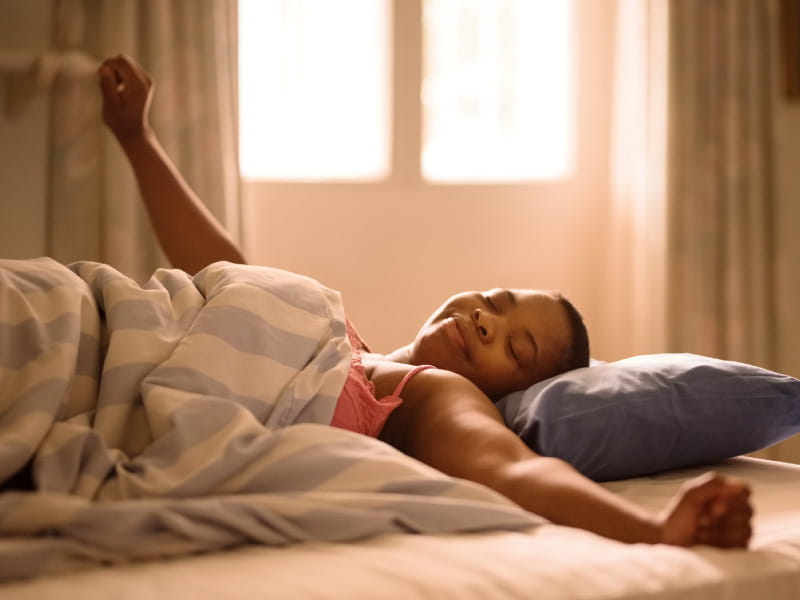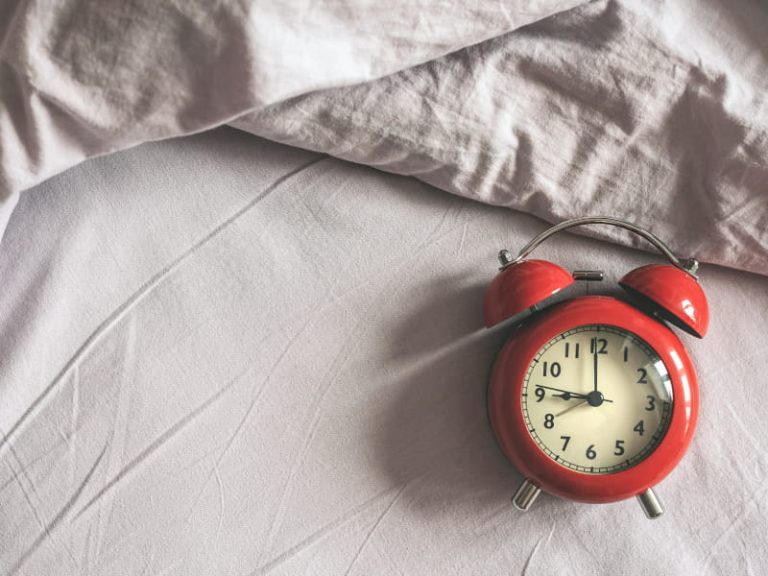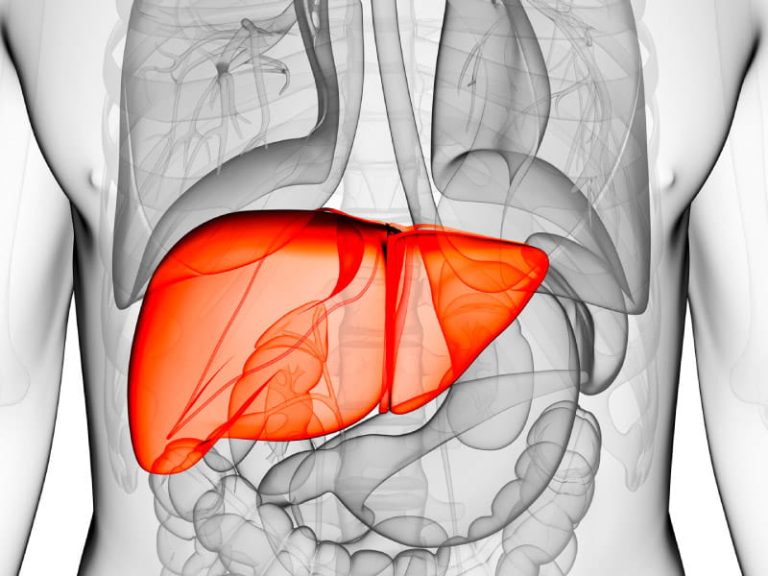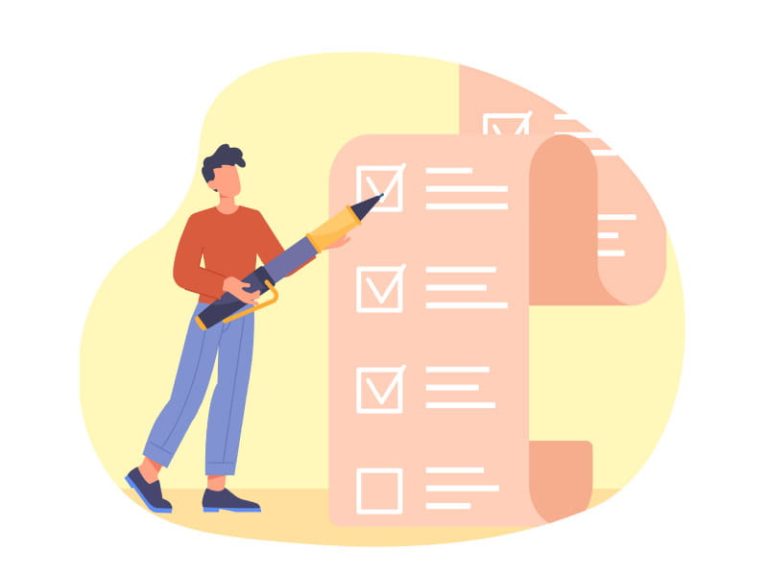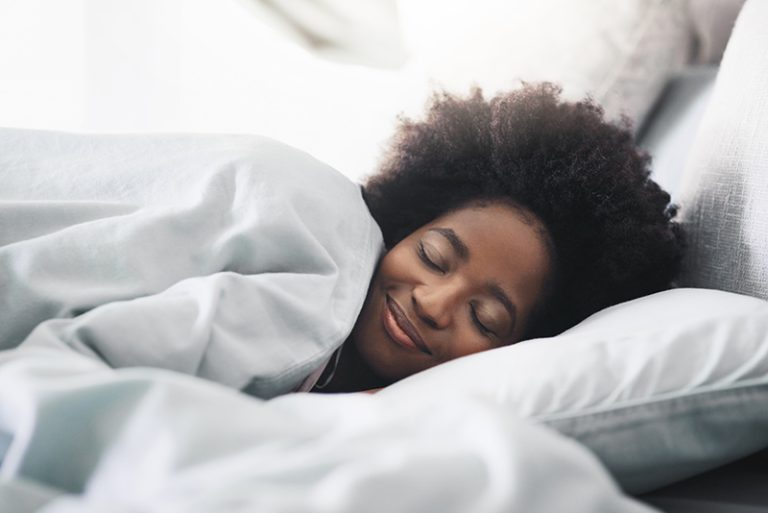What happens when we sleep? Why Do We Need Sleep
Analysis reveals adults want seven to 9 hours of sleep every night time for optimum well being, and youngsters want extra.
However what’s taking place throughout these hours that is so essential, and what is the hazard of reducing sleep quick?
A rising physique of analysis reveals getting little or poor sleep would not simply make individuals really feel drained the subsequent day – it locations them at increased threat for coronary heart assaults and early loss of life, together with cognitive decline, dementia, diabetes, hypertension, weight problems, despair and different power well being circumstances.
There’s a lot proof linking poor sleep to poor well being that the American Coronary heart Affiliation final 12 months added sleep length to its listing of vital elements for optimizing coronary heart and mind well being.
But about 1 in 3 adults do not get sufficient. Specialists say shaving a few hours robs the mind of time it must carry out important capabilities.
“There’s numerous stuff that occurs throughout sleep,” mentioned Dr. Michael Grandner, director of the Sleep and Well being Analysis Program and an affiliate professor within the division of psychiatry on the College of Arizona School of Drugs in Tucson. “When your physique would not have sufficient time to do the issues it must do, it will not do them in an optimum approach.”
Grandner co-wrote the 2022 advisory that added sleep length to AHA’s listing of key measures for good cardiovascular well being, often known as Life’s Important 8.
Whereas researchers are nonetheless investigating how suboptimal sleep impacts the mechanisms linked to cardiovascular well being, Grandner mentioned a lot is understood about different capabilities that happen throughout the main levels of sleep.
The primary few hours of sleep are the deepest, he mentioned. It is throughout this time that the physique performs tissue development and restore, permitting therapeutic and restoration to happen. It is also the time when the mind clears away stuff it would not want, making room for the stuff it does want. The area between neurons will get a bit of wider, permitting the mind to flush out waste merchandise.
“That is synaptic pruning, when the mind filters out the junk experiences of the day, the stuff you need not be taught from long-term,” Grandner mentioned.
Deep sleep is adopted by speedy eye motion, often known as REM sleep, which is lighter. The mind is energetic throughout this stage, however the physique is motionless. That is when goals and nightmares happen, Grandner mentioned. The physique truly cycles by way of REM and non-REM cycles a number of instances, with more and more longer durations in REM sleep because the night time goes on.
“In case you reduce your sleep hours quick, most of what you have disadvantaged your self of is REM sleep,” he mentioned. That may intervene with studying, reminiscence and temper, that are all regulated throughout this stage of sleep. Research present people who find themselves disadvantaged of REM sleep have hassle remembering issues they realized earlier than falling asleep.
The final stage of sleep is when extra psychological restoration and therapeutic happen, Grandner mentioned. However it’s additionally when the physique finishes the bodily restoration work begun throughout deep sleep.
Grandner likened it to energy washing a driveway after which re-sealing it to protect it for continued good use. “The primary stage of sleep is when the ability washing happens. The final stage is when resealing happens. Waking up earlier than the final stage of labor cuts corners that may trigger issues within the long-term well being of the physique and mind,” he mentioned.
Youngsters and youngsters want extra hours as a result of they’re nonetheless rising, and sleep is when development hormones are launched, Grandner mentioned. The AHA recommends kids ages 5 and youthful get 10-16 hours of sleep every day; these 6 to 12 get between 9 and 12 hours; and youths get eight to 10 hours.
Fortunately, there are steps individuals can take to get a greater night time’s sleep, mentioned Dayna Johnson, an assistant professor and sleep epidemiologist at Emory College’s Rollins College of Public Well being in Atlanta. “Participating in good sleep hygiene or sleep practices might help to enhance sleep. You will need to foster a very good sleep surroundings.”
This consists of having a constant bedtime and bedtime routine, sleeping in a darkish, quiet room at a snug temperature and conserving digital units, reminiscent of televisions, telephones and computer systems, out of the bed room.
However there are different elements that may have an effect on sleep which may be past an individual’s management, Johnson mentioned. And that is the place sleep well being disparities creep in.
For instance, lower-income neighborhoods have extra noise and lightweight, which might disrupt sleep. Neighborhoods with increased ranges of air air pollution are related to better irritation, which might result in sleep apnea, making it troublesome to get a very good night time’s relaxation. And individuals who work minimum-wage jobs and subsequently work a number of jobs or jobs with rotating shifts could discover it tougher to develop common sleep patterns, she mentioned.
Johnson, who research sleep well being disparities, led a 2019 evaluation of a giant physique of analysis summarizing racial and ethnic variations in sleep length and high quality. It discovered, for instance, that Black, Hispanic and Chinese language adults had been disproportionately extra prone to get lower than six hours of sleep every night time and extra prone to report poor sleep high quality.
Because it does in cardiovascular well being, structural racism can also play a job. Structural racism has been proven to have an effect on neighborhood environments, resulting in issues reminiscent of poorer air high quality and housing. Moreover, Black individuals with increased training, higher-paying jobs, and reside in higher neighborhoods have been proven to have poorer sleep well being than their white friends, Johnson mentioned.
“The determinants of sleep disparities are multifactorial, and the more serious sleep amongst increased SES Black adults could also be attributable to elevated publicity to racism/stress from being a minority within the office or neighborhood,” she mentioned. “There are numerous causes somebody could have poor sleep.”

